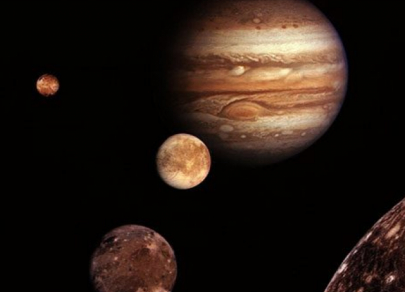FX.co ★ Mysteries of the Solar System: Most interesting facts about Jupiter
Mysteries of the Solar System: Most interesting facts about Jupiter
Our solar system, despite a huge amount of research, is still full of mysteries. We do not know a number of facts even about long-discovered planets, for example, about Jupiter. Now is the time to fill this gap.
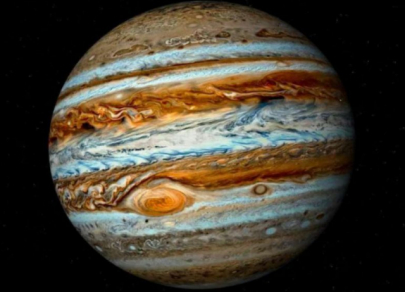
Planet's rotation period
Scientists call the time of Jupiter's movement around its own axis one of the interesting facts related to the planet. The giant's rotation period does not exceed 9 hours 55 minutes, while the Earth does the same turning in a day.
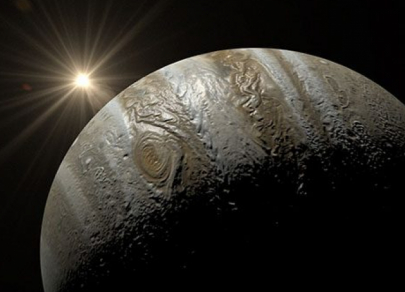
Flat shape
Too rapid rotation of Jupiter around its axis affects the shape of the planet. Because of this movement, the gas giant has a slightly oblate shape.
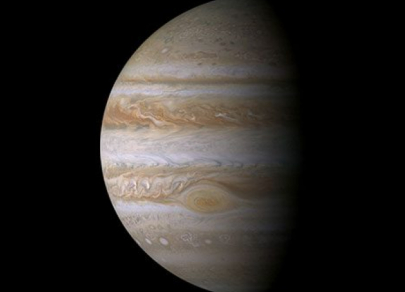
300-years old storm
A giant storm is raging on the surface of Jupiter for more than 300 years in a row. The scientists found this out by discovering a red spot of impressive dimensions on the planet's territory.
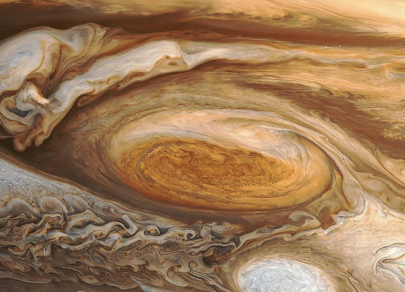
Fourth brightest object
The planet takes the fourth place in terms of brightness among other objects of the solar system. Note that this is the opinion of scientists who measured the intensity of the light from the Earth. The specialists gave the first place to the Sun, the second place is occupied by the Moon, and the third one was given to Venus.
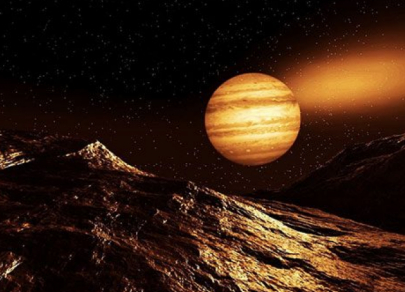
Caustic atmosphere
According to scientists' researches, the upper atmosphere of Jupiter is very caustic and completely unsuitable for the breathing of living organisms. It consists mainly of sulfur and ammonia.
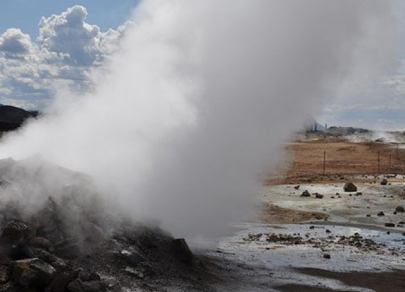
No solid surface
According to experts, Jupiter does not have a solid surface. The lower layers of the atmosphere of the gas giant consist of hydrogen and helium, below which there is liquid hydrogen, which passes into a liquid metal. Inside the planet, there is the core.
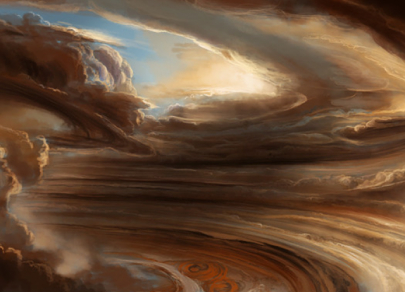
"A Failed Star"
A number of astronomers call Jupiter a "failed star." The reason for this is in a huge amount of hydrogen and helium. However, the mass of the gas giant is not enough to trigger a nuclear reaction (nuclear fusion). Let us recall that the mass of Jupiter is twice the mass of all the planets of the solar system taken together.
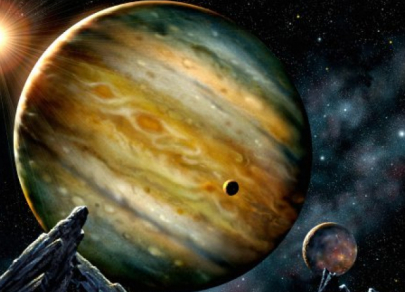
Many satellites
The gas giant has an impressive number of satellites. Their number reaches 69, and some of them were recently discovered.
